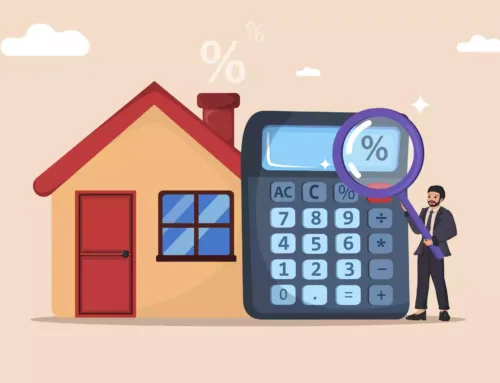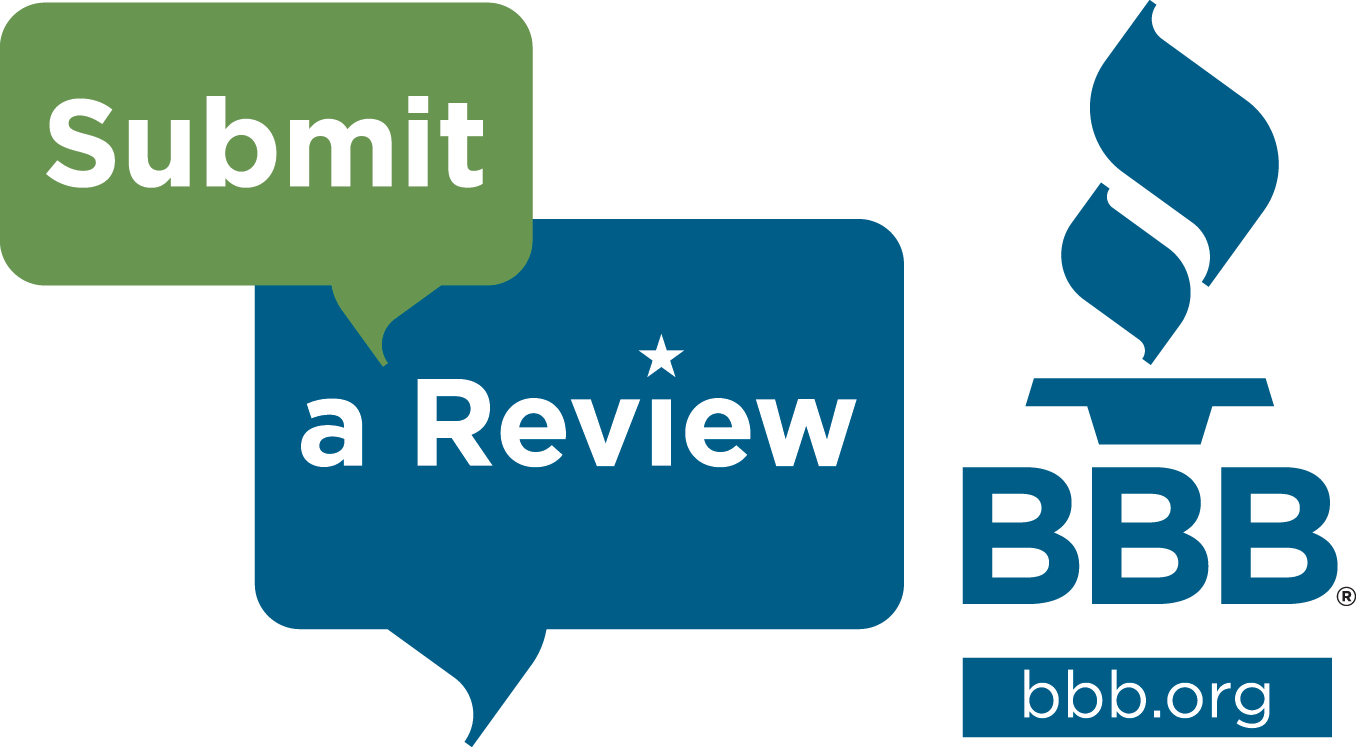Mortgage 101: Understanding the Basics
 At First Ohio, we understand the mortgage process can be overwhelming. A first-time homebuyer might not know the first thing about acquiring a home loan. You don’t have to be a banking expert to acquire a mortgage. Still, it helps to understand the fundamentals before embarking on this major financial decision. Consider the following information to help get you up to speed and aid in your journey toward owning the home of your dreams.
At First Ohio, we understand the mortgage process can be overwhelming. A first-time homebuyer might not know the first thing about acquiring a home loan. You don’t have to be a banking expert to acquire a mortgage. Still, it helps to understand the fundamentals before embarking on this major financial decision. Consider the following information to help get you up to speed and aid in your journey toward owning the home of your dreams.
The mortgage process
Mortgage lending is the process of issuing loans to individuals or organizations for the purpose of purchasing or refinancing a property. Mortgages are typically issued by banks, credit unions, and other financial institutions, and they can be secured or unsecured.
When applying for a mortgage, borrowers are typically required to provide a variety of financial information, including their income, credit score, and employment history. This information is used to determine the borrower’s ability to repay the loan and to set the terms of the mortgage, such as the interest rate and loan amount.
There are several different types of mortgages available, including fixed-rate mortgages, adjustable-rate mortgages, and government-backed mortgages. Fixed-rate mortgages have an interest rate that remains the same for the life of the loan, while adjustable-rate mortgages have an interest rate that can fluctuate based on market conditions. Government-backed mortgages, such as those issued by the Federal Housing Administration (FHA) and the Veterans Administration (VA), are designed to help low-income and military borrowers secure financing.
When considering a mortgage, it’s important to compare the different options available and to carefully review the terms and conditions. Borrowers should also be aware of the fees associated with obtaining a mortgage, such as origination fees, closing costs, and mortgage insurance.
It’s also important to remember that a mortgage is a long-term commitment and that the terms of the loan can affect the borrower’s financial situation for many years to come. Borrowers should be prepared to make regular mortgage payments, and they should be aware of the potential risks, such as the risk of foreclosure if they are unable to make their payments.
Overall, mortgage lending is a complex process that requires careful consideration and research. Borrowers should work with a reputable lender and be prepared to provide detailed financial information to secure the best loan terms possible.
Qualifying for a mortgage
Qualifying for a mortgage can be a challenging process, as lenders want to ensure that borrowers have the ability to repay the loan. Some of the key factors that lenders consider when determining whether to approve a mortgage application include the borrower’s income, credit score, and employment history.
Income: Lenders will consider the borrower’s income when determining the loan amount and interest rate. Borrowers must provide proof of income, such as pay stubs, W-2 forms, and tax returns. Lenders will also consider the borrower’s debt-to-income ratio, which is the percentage of the borrower’s income that goes towards paying off debt. A lower debt-to-income ratio is generally considered to be more favorable.
Credit Score: Credit score is an important factor in the mortgage approval process. A higher credit score indicates that the borrower has a good credit history and is less likely to default on the loan. Lenders typically require a minimum credit score of 620, but borrowers with higher scores will be able to secure more favorable loan terms.
Employment History: Lenders also consider the borrower’s employment history when determining the loan amount and interest rate. Borrowers must provide proof of employment, such as pay stubs and W-2 forms. Lenders will also consider the borrower’s job stability and the length of time they have been employed in their current position.
Down Payment: The amount of down payment also plays a crucial role in the approval process. A higher down payment will decrease the loan amount, making the loan more affordable for the borrower. In addition, some government-backed loans such as FHA or VA loans allow for a lower down payment.
Other factors that may be considered include the borrower’s assets and liabilities, as well as the value of the property being purchased. It’s important to note that while these are the general qualifying factors, each lender may have specific criteria and guidelines, so it’s important to check with the lender before applying for a mortgage.
In conclusion…
Qualifying for a mortgage requires more than just having a good credit score. Lenders want to ensure that borrowers have the ability to repay the loan and will consider a variety of factors such as income, credit score, employment history, down payment and more. Borrowers should be prepared to provide detailed financial information, and work with a reputable lender to secure the best loan terms possible.
The mortgage experts at First Ohio are standing by to answer any questions you may have about obtaining a mortgage and to help guide you through the lending process. Contact us today to take the first step toward achieving the dream of homeownership and a strong financial foundation for the future!













